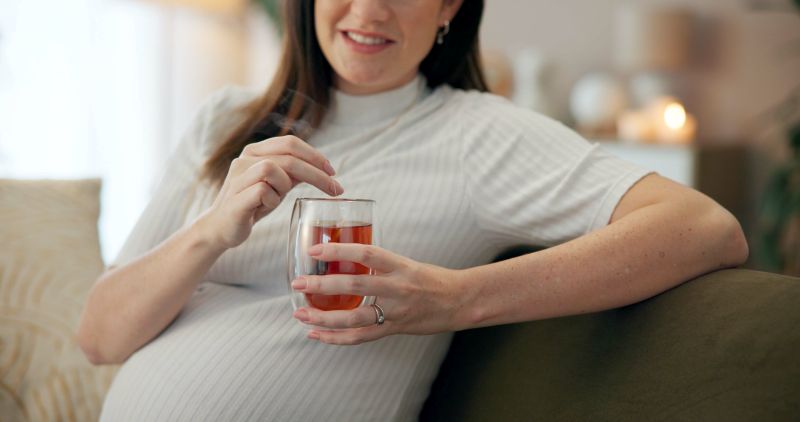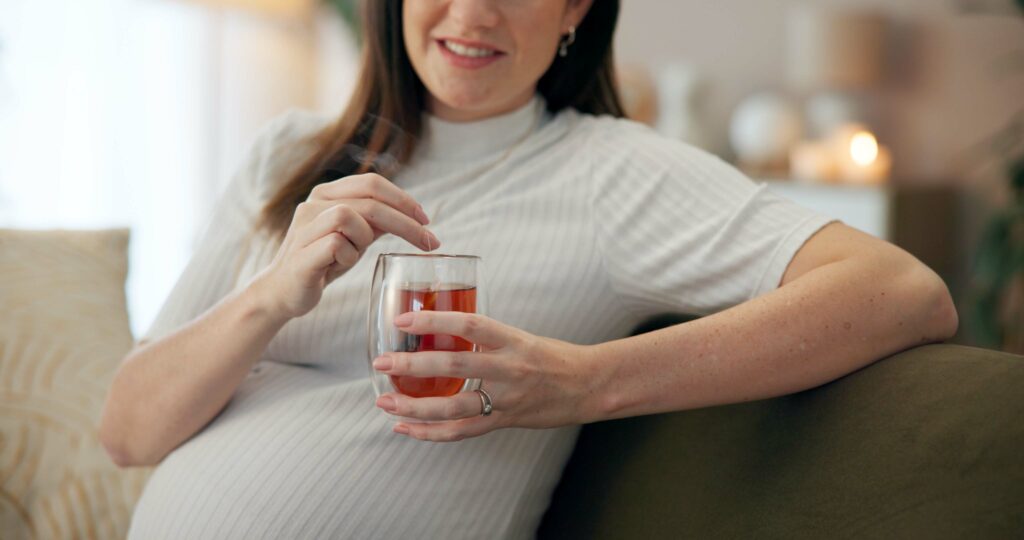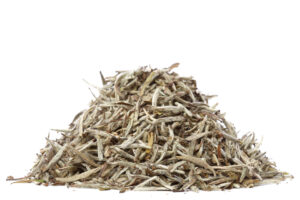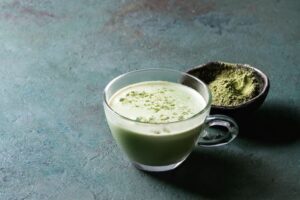As spring approaches, the world begins to change. The old melts away and the new quickly blossoms. Nature is cyclical. We try our best to be prepared for the new. When planning for a new family member, we strive for a nutritious diet and often seek the best way to make this taxing process a little easier (and a good cup of tea is welcome no matter who you are – in our opinion). Good news for us, a popular spring-time plant has been known to actually ease labor for pregnant women. What’s this miracle plant, you ask? None other than the Raspberry plant, of which we get Raspberry Leaf Tea.
Raspberry Leaf Tea Benefits
While raspberries themselves are delicious and loved by many, the raspberry leaf is the true star here. Loaded with electrolytes, vitamins, and minerals, raspberry leaves not only benefit your overall health, they taste great in tea, too!
But have you tried Raspberry Leaf Tea and you’re not a fan? Raspberry Leaf tablets are a great alternative. Since Raspberry Leaf tablets contain higher concentrations of Raspberry Leaf compared to the traditional brew method, be sure to consult an herbalist at a natural health foods store for the recommended dosage.
Overall health benefits are great and all, but what specifically is it about Raspberry Leaf Tea that may promote a healthy pregnancy and when should you start drinking it?

Antioxidants
Raspberry Leaves are a good source of antioxidants, which help to neutralise free-radicals and protect against inflammation and chronic disease.
Magnesium
Magnesium is known for building and repairing body tissue.
Building and repairing tissue promotes strong uterine walls that help support an unborn child and contract while giving birth.
Not only is there a concern for the strength of the mother’s uterine walls, but an even greater concern regarding fetal growth as well. The big takeaway here?
A strong uterus is the single most important factor when growing a strong, healthy child and easing the difficulty of labor and delivery. Thanks, magnesium!
Calcium
Now that we’ve covered magnesium, what about calcium? Magnesium and calcium work together in this instance. Magnesium is responsible for relaxing muscles while calcium stimulates them, which leads to steady contractions.
If there’s an imbalance (more magnesium than calcium and vice versa), contractions run the risk of being premature or delayed. In very rare cases, a severe deficiency in both magnesium and calcium during pregnancy may lead to preeclampsia.
Raspberry Leaf Tea in Pregnancy & Labour
Given that Raspberry Leaf Tea has been used for centuries anecdotally by many many women to ease their pregnancies and labours, several studies have also been conducted to test it’s efficacy in the later stages of pregnancy (post 32 weeks) and during labour.
There doesn’t seem to be much evidence yet to support the claims that it significantly shortens labour. Within studies, there there has been no statistically significant difference in first or second stages of labour between those that took the tea during their pregancies and those that didn’t. These studies did however, show an overall reduction in the length of the stages of labour, but this difference was not statisically significant.
Similarly, taking raspberry leaf tea tablets within the last stages of pregnancy (32 weeks onwards) was shown to lower the rate of forceps deliveries, but this was also not a statistically significant.
How much Raspberry Leaf Tea is recommended?
There are a few factors to consider when determining how much Raspberry Leaf Tea one should consume in order to reap the benefits listed above:
- Tea leaf to water ratio – a typical cup of tea contains 8 ounces of water and roughly 3 grams of tea leaf.
- How often you enjoy your tea – one cup per day is recommended for the first trimester, gradually increasing tea intake up to 3 cups per day by the third trimester.
- Be sure to not consume too much tea – side effects of nausea and loose stools have been reported by many in open discussion forums.
Key Takeaways
So anecdotally, Raspberry Leaf Tea has been used for years, reportedly to ease labour and the last stages of pregnancy for many women. Although it appears there are no adverse impacts on either the mother or child from using the tea during pregancy, research is still needed to demonstrate any true improvements.
Please remember that we are not doctors and this advice is for information only. Please consult your doctor or health provider for advice on what you should and should not drink/eat during your pregnancy.
Happy Sipping!






